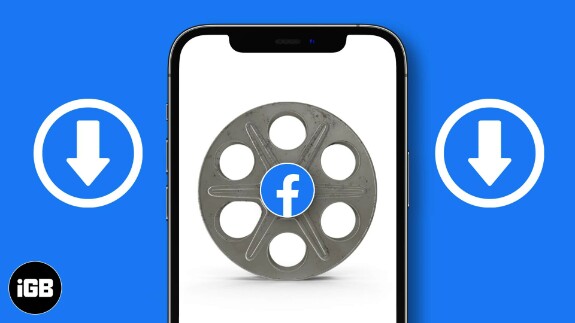Sorts Of Social Media
Social media is ubiquitous these days Companies are using social media ads in commercials on radio, billboards and websites and even on cell cellphones and mobile devices. We see logos of Facebook, Twitter, and Flickr at the top of hundreds of websites like Inflact. We are asked to join to blogs, be fans or friends, share and connect in numerous ways, but do these social networks really benefiting us? And are companies using these platforms seeing measurable effects?
Given the variety of kinds of platforms for social media and their numerous advantages and disadvantages to using them can be overwhelming We've chosen to select some of the ones we consider to be the most effective and discuss their advantages and disadvantages from a business point of viewpoint. It's important to understand that not every industry is a good fit to spend time and money on some of these platforms, and it is essential to consider your goals are prior to beginning an online campaign. From there, weighing the costs and possible profits of each platform should help narrow down which type of social media platform you can incorporate to the SEO strategy.

Blogs - We start here, since blogs are often considered to be as the "base" for any successful social media strategy. Blogs can help to personalize your site and improve awareness of your industry, teach others with the display of your expertise in the market to create an emotional bond into your company, create brand awareness, and more. Blogs can also be integrated with different types of platforms for social media, or even show your Facebook posts or Twitter streams streaming live on the blog's website itself.
One of the disadvantages of blog sites is the fact that they are required to be as authentic for their readers as they should be to your clients. Readers will know if you are making up your knowledge when you place excessive focus on yourself rather than them and also whether or not you're actively involved with your blog frequently. Along those lines, blogs should be updated frequently, which can be difficult from a time standpoint. It is important to take this into consideration before making the decision to create a company blog.
Facebook One of the most useful and well-known platforms for social networking is Facebook. Even though trends change, Facebook should be the second social media device used in addition to blogging, for the reason that it boosts brand awareness to the next level by making your company logo prominent and allowing users to communicate news about your company to all of their "friends". Your fans are constantly reminded of your presence through posts on status, updates, as well as other social interactions. Furthermore, Facebook provides an analytics tool to allow companies to review weekly reports on new followers as well as the number of interactions and types of actions taken on their pages. In addition, Facebook allows for the design of tabs that are customized on which other platforms can be linked like Twitter or blogs to your Facebook profile.
The downside to Facebook is, as with blogging, it takes time to manage the company's page however, the time required for this is significantly less than on platforms like Twitter.
Twitter In the above paragraph there is a lot of energy and time that is required to manage the Twitter account. There are 27.3 million tweets posted every day tracking the people talking about your business, your product or those who need to know about your business can be overwhelming, to say the least. In addition, one should be aware of a variety of factors including the need to "retweet" or respond swiftly keep a proper "follower to following" ratio to ensure better performance, as well as a variety of other factors.
On the upside, Twitter allows users to utilize programs such as TweetDeck to monitor tweets , or schedule tweets for distribution. Twitter is an innovative and relevant way to reach out to customers, but this tool can only be used for certain industries, in some instances and must be managed regularly , with a well-planned plan in place to be successful.

YouTube - Yes, YouTube is considered a popular social network. It is the second most used search engine after Google. Yes, we did say "search engine". For the record, YouTube is utilized in this fashion primarily by those in the younger age group, and not as frequently as those who might actually have the resources to become a customer. But, in a market of this magnitude, businesses must not neglect a branding and informative tool like YouTube in particular when the average time spent on the site is about 23 minutes. The benefits of maintaining an YouTube social media presence include the potential for a huge audience for those with a small budget, as well as the ability of being able to "tag" keywords into videos to ensure that your content has an increased chance of being noticed when your keywords are searched. Naturally, like different social networks that we've reviewed, different variables play a part, but if your company has already made video content that you can use on your website or blog, it is easy to create a YouTube account and cast an even wider audience with YouTube, particularly when you consider that its limitations on time are lighter on company resources than with the other types of social media platforms.
Like all digital platforms for social networks, what is hot today might not be in the future. Companies must be able to discern what to allocate their time and money order to improve brand awareness and ensure a positive image both online and offline. This conservative and well-thought-out approach can help companies prepare for the next stage in social media or whatever emerges as the "next big thing". Search engine marketing businesses and their customers must take into account these elements when making choices regarding when and how to enhance their marketing efforts.Platforms
